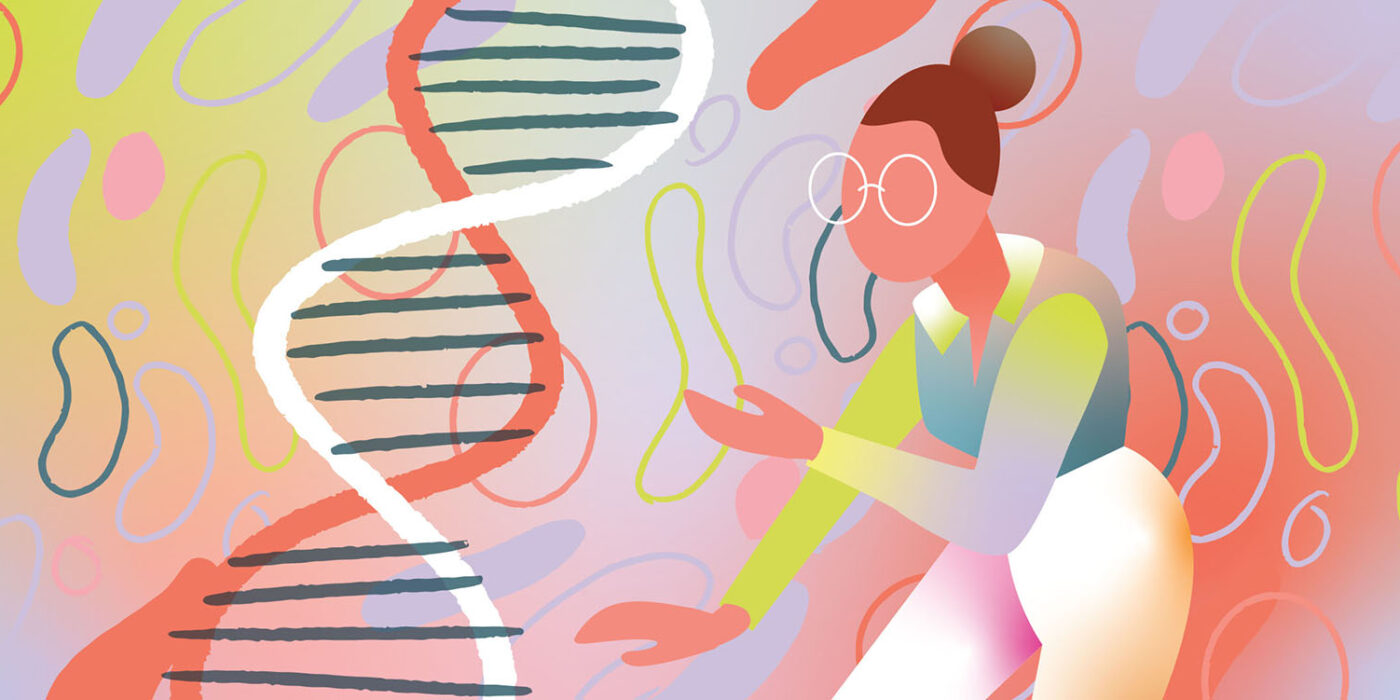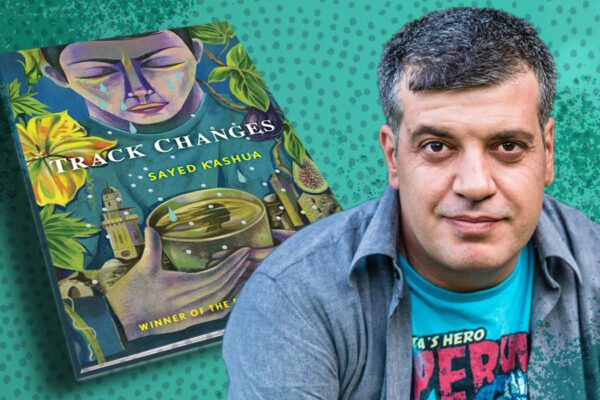What exactly does it mean if you have the genetic marker that makes you more likely to get late-stage Alzheimer’s or early-onset breast cancer? Who in your family should you tell? Should they also get tested? What steps can you take to help prevent a disease you may have markers for?
That’s where a genetic counselor comes in.
“Genetic counselors work with patients and discuss genetic information to help them better understand test results and the psychosocial aspects of what’s happening,” says Tomi Toler, associate director of the new Program in Genetic Counseling at Washington University School of Medicine (WUSM), and a genetic counselor herself. “This understanding better informs the patient’s medical decisions.”
For instance, Rachael Bradshaw, a senior genetic counselor and the program’s director, works in prenatal genetic counseling. She might meet with a couple whose fetus has been found to have an incurable, life-limiting genetic disease. “It may seem like there aren’t a lot of options, but there are,” Bradshaw says. “A genetic counselor can provide information and support while also connecting family with other people who understand the disease, such as newborn medicine specialists and palliative care providers. The genetic counselor is part of a team that can help families cope with the likelihood of losing a baby.”
Other times, results can impact treatment for a disease such as cancer. “We know that certain regimens are more effective if an individual has a mutation in one of the breast cancer genes,” says Erin Linnenbringer, AB ’00, assistant program director and an assistant professor of surgery in the Division of Public Health Sciences in the Department of Surgery.
“A genetic counselor can provide information and support while also connecting family with other people who understand [a] disease.”
Rachael Bradshaw, senior genetic counselor
Since genetic testing is increasing, the field of genetic counseling is also growing. Before the development of this program, there was no genetic counseling training program in Missouri or even within several hundred miles. Bradshaw, Toler and Linnenbringer were determined to change that.
Toler and Linnenbringer, who met while working at the School of Medicine, wanted to start a program in genetic counseling and reached out for help. Bradshaw, an assistant professor of pediatrics at Saint Louis University, who now has a joint appointment at WUSM, responded. The three counselors also work with Marwan Shinawi, MD, a geneticist and the medical director for the genetic counseling program, as well as Patricia Dickson, MD, the Centennial Professor in Pediatrics, and Meagan Corliss, a genetic clinical counselor, who both serve as course directors.
Planning for the program was intensive. “It took five years of discussions and meetings to develop a curriculum that met our goal of creating an innovative training program grounded in diversity, equity and inclusion,” Bradshaw says. The program includes coursework, clinical rotations and a research project, all of which had to be created from scratch.
The hard work paid off: In 2020, the new program gained accreditation status, one of only 50 accredited genetic counseling programs in the country through which graduates will be board-eligible. Bradshaw, Toler and Linnenbringer interviewed applicants for the first cohort this spring.
“I’m excited to have this connection to the next generation of genetic counselors,” Linnenbringer says.



